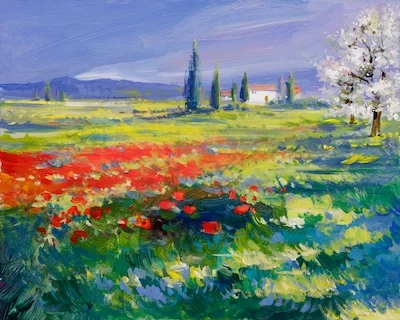DYLAN MINER: "Michif–Michin" ODD Gallery, Dawson City, Yukon August 14 to September 19, 2014
1 of 4

Image courtesy of the artist.
"The Elders Say We Don't Visit Anymore"
Dylan Miner, The Elders Say We Don't Visit Anymore, 2014, social-engagement project, still from time-lapse video.
Image courtesy of the artist.
2 of 4

Image courtesy of the artist.
"Untitled (Michif–Michin)"
Dylan Miner, "Untitled (Michif–Michin)," 2014, relief print in blackberry ink, detail of series of 24 prints.
3 of 4

Image courtesy of the artist.
"Michif–Michin"
Dylan Miner, "Michif–Michin," 2014, various media, installation view.
4 of 4

Image courtesy of the artist.
"Michif–Michin"
Dylan Miner, "Michif–Michin," 2014, various media, installation view.
DYLAN MINER: Michif–Michin
ODD Gallery, Dawson City, Yukon
August 14 to September 19, 2014
By Curtis Collins
Part of The Natural & The Manufactured, an annual residency project organized by the Klondike Institute of Art and Culture, this exhibition by Dylan Miner includes prints, videos, assemblages, installations and a social practice work that deftly addresses both the project’s focus on materiality as well as the inherent ambiguity of Métis identity.
The 24 Untitled (Michif–Michin) relief prints feature images of wild plants such as fireweed, yarrow, sage and arrowhead. At first glance, it appears the artist applied ink to the plants and then immediately pressed them onto paper. The blotting, pitting and blurring of the handmade blackberry ink is a clever play on both natural and manufactured effects. On closer inspection, the images reveal themselves as carefully composed linocuts, with a commercial binder added to the ink to ensure consistent colour. Can such an elusive mix or métissage between material and image be understood as a symbolic stand-in for the origins of Métis nations or peoples?
Miner, a professor at Michigan State University as well as a curator and author of note, describes himself as “the descendent of Métis from across the subarctic and boreal forests to the Prairies and Great Lakes.” He has exhibited internationally including recent solo shows at the Santa Fe Art Institute and Slovenia’s Biennial of Graphic Arts. Here he deploys Métis words for medicine, michin, and the people and their language, Michif, to remedy the colonial degradation of indigenous identities and knowledge, while paying tribute to his great-grandmother, a maker of healing salves.
Miner’s social-practice work, The Elders Say We Don’t Visit Anymore, brings conceptual strength to the embodiment of a mutable Métis aesthetic and infuses it with local relevance. The artist invited the Tr’ondëk Hwëch’in, a First Nation based in Dawson City, along with other area residents, to have conversations over tea. Some teas were derived from local plants that Miner harvested and also bundled for display on an adjacent wall. Visitors can sit on benches at a table, all constructed from dilapidated boardwalks recovered from the local dump, an adroit reference to Dawson City’s origins in the Klondike Gold Rush, which displaced the Tr’ondëk Hwëch’in from their traditional settlements. The table is topped with an old Hudson’s Bay blanket, historically a popular trade item among indigenous peoples. As an adopted identity symbol for First Nations and Métis, perhaps its presence is intended as a comfort to the problematic past.
Currently, people of Métis ancestry can elect to self-identify or join political bodies such as Canada’s Métis National Council and the United States Métis Nation, Inc. The ambiguity of this process defies rigid definitions of culture as a constant, not to mention that from a genetic perspective, millions of North Americans have indigenous heritage. During the 1980s and 1990s, leading contemporary artists, including Jimmie Durham, Joane Cardinal-Schubert, Edward Poitras and Rebecca Belmore, evoked a collective anger via skilfully orchestrated didactic productions that aspired to mend the loss of indigenous identities. Miner represents a new generation of artists who are transforming this aesthetic project of healing into a quiet celebration of growing empowerment.
ODD Gallery-- Klondike Institute of Art & Culture
2nd Ave & Princess St (Bag 8000), Dawson City, Yukon Y0B 1G0
please enable javascript to view
Tues to Sat 1 pm - 5 pm. Extended hours in certain seasons.
